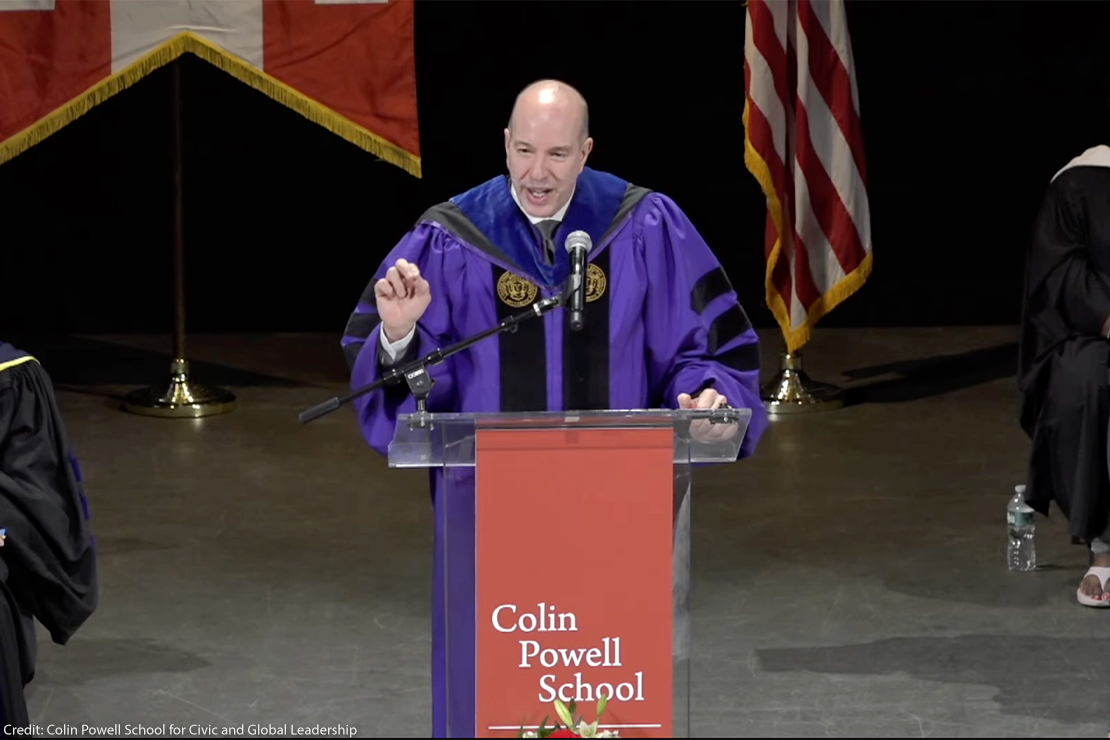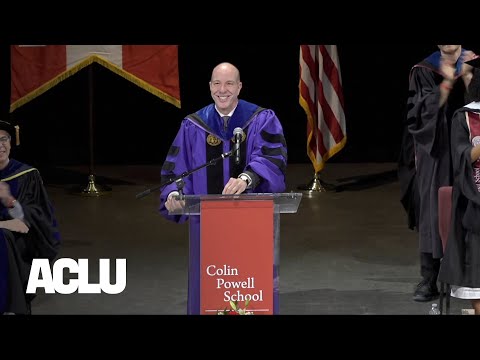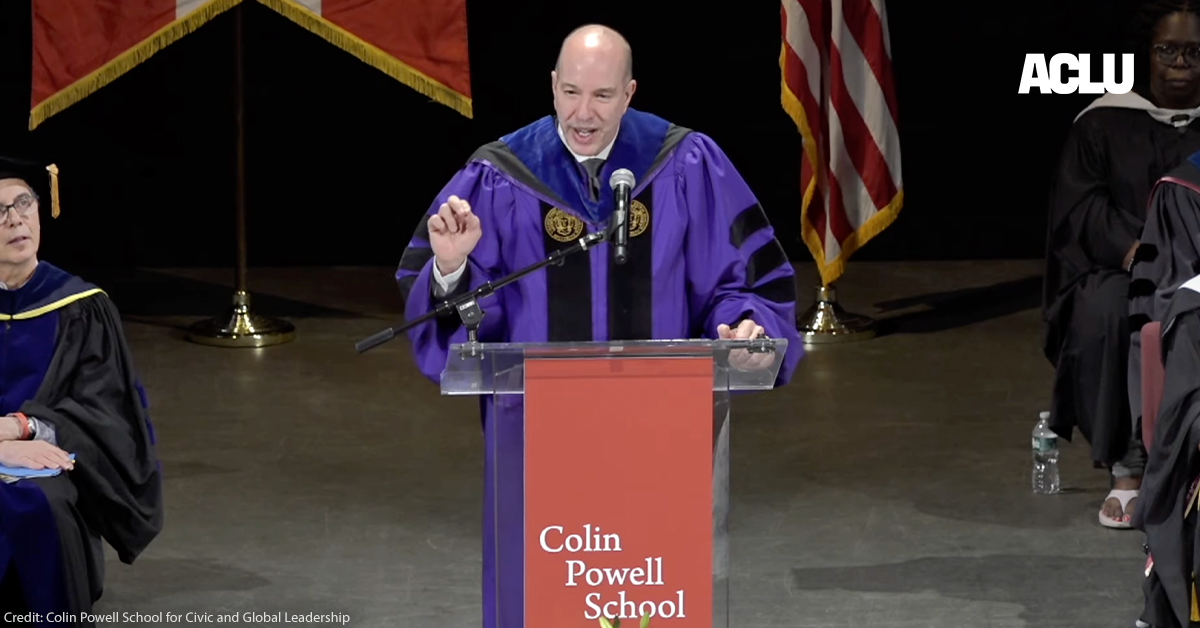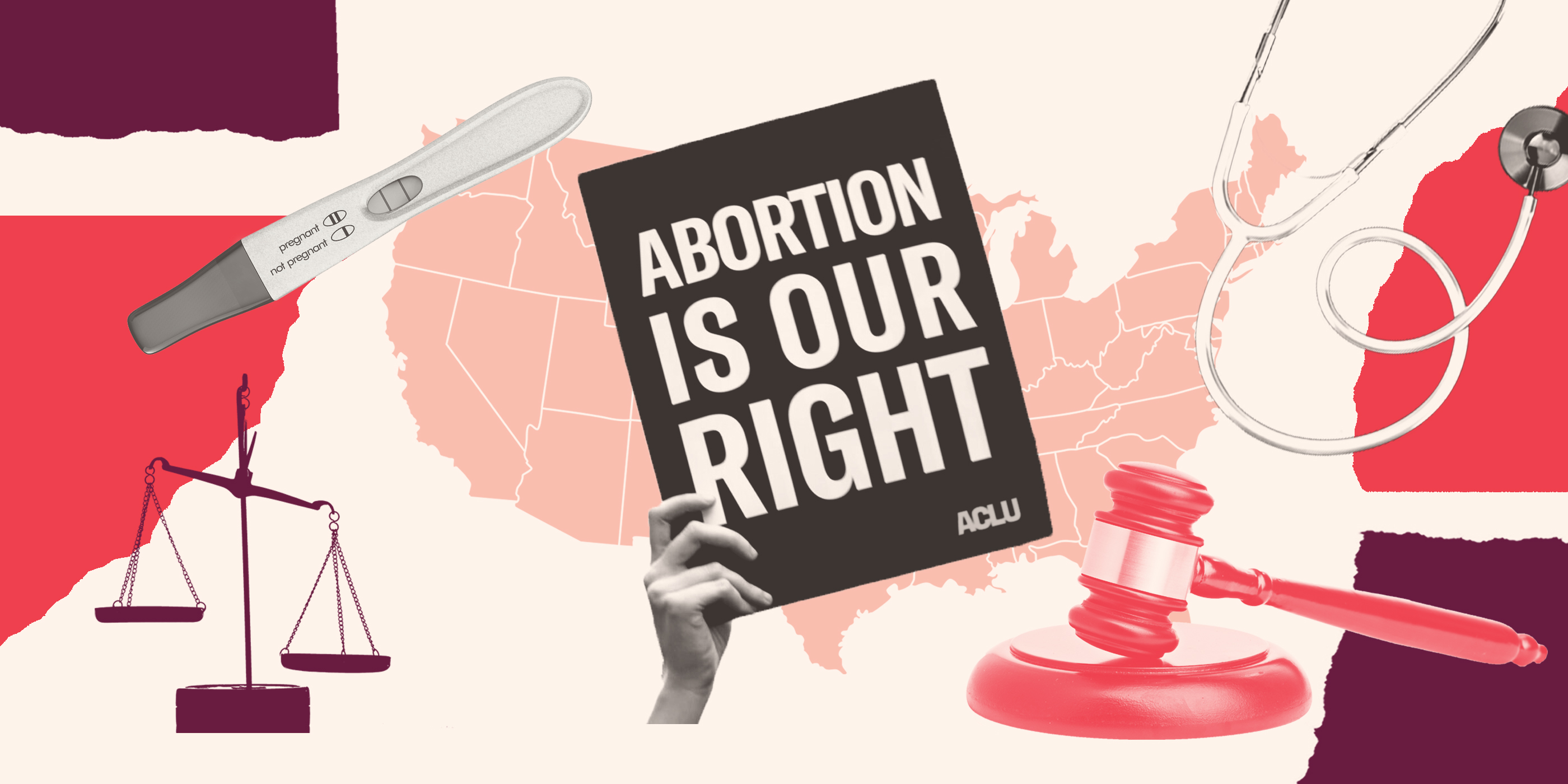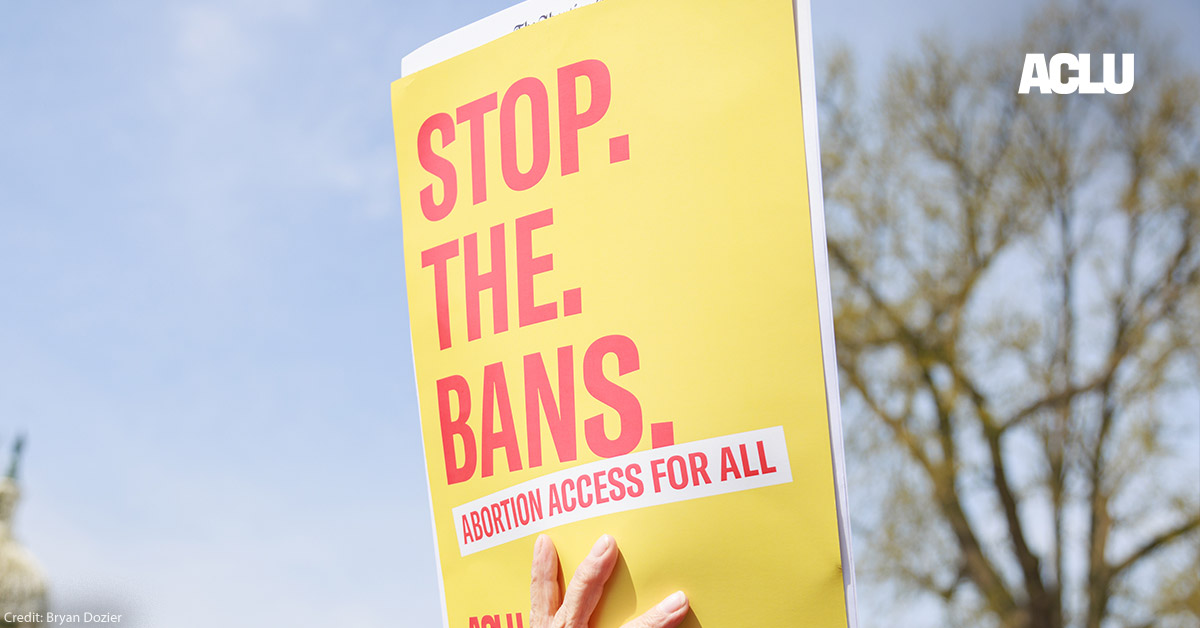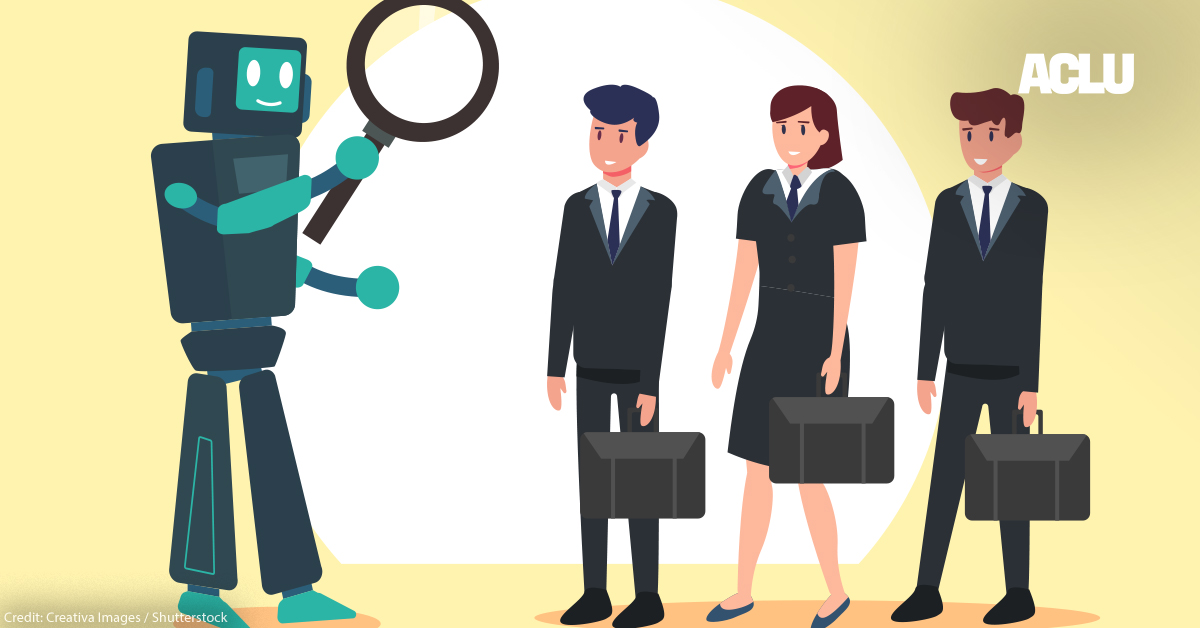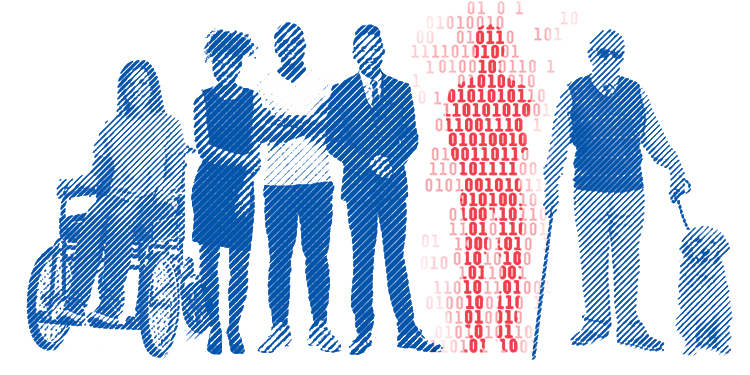Executive Director Anthony D. Romero spoke to graduates at the Colin Powell School for Civic and Global Leadership. He stressed the critical need to protect free speech on college campuses. He calls on universities to uphold the principles of open debate and academic freedom, while also prioritizing the safety and well-being of students from discrimination and violence. Romero inspires graduates to seize leadership opportunities with bravery and compassion, recognizing their potential to make a positive impact on the world.
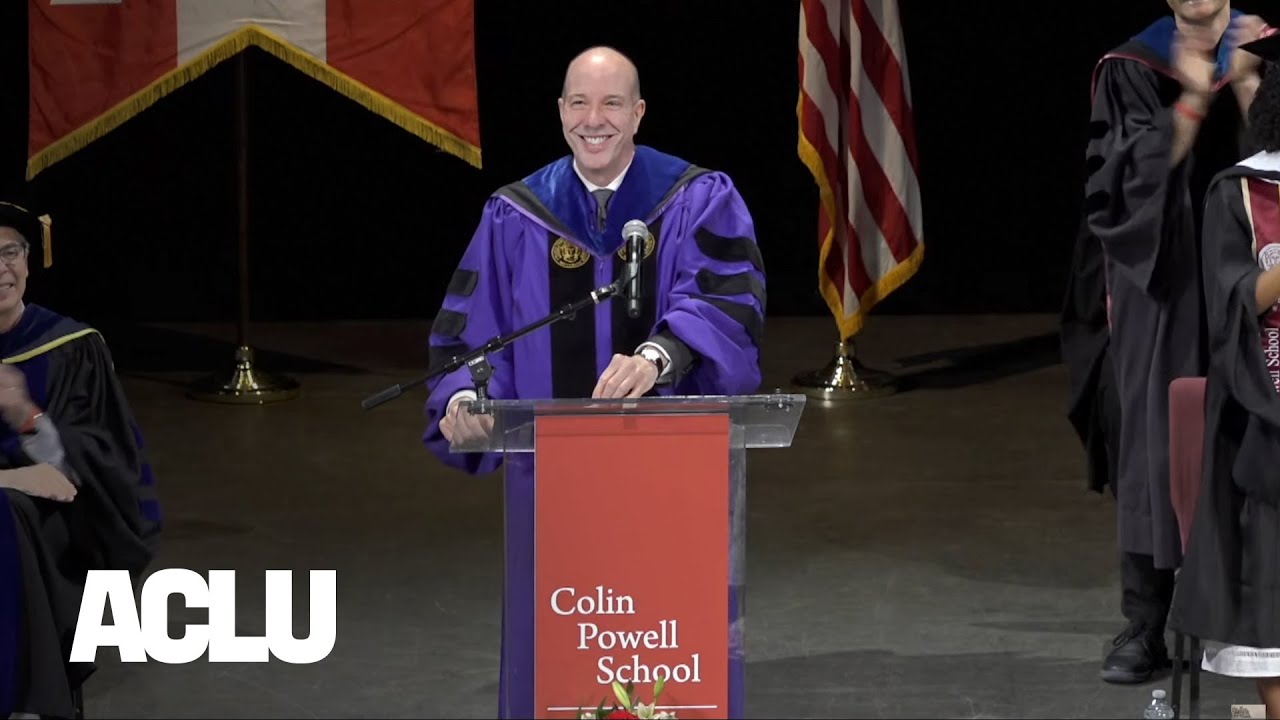
When I was coming up here, it felt like I was coming home. I spent my early childhood not far from here, in the Castle Hill projects of the Bronx. Google maps says it’s only six miles from here, but it feels like worlds away. After the Bronx, we moved out to New Jersey, and I came back to New York after law school. I’ve now spent most of my adult life here in New York City. So, as a proud New Yorker – a proud Nuyorican – it is a special honor to be asked to speak at an institution woven so thoroughly and wonderfully into the fabric of the greatest city on earth.
As graduates of the Colin Powell School for Civic and Global Leadership, you have chosen to hone your leadership skills in a world where it is easier to retreat than to lead. At a time when it’s easier to give up and climb into a cocoon where the internet delivers your food, your clothes, and your opinions to your door. But thank God you chose a different path – as leadership has never been more important than it is now. You have decided to become a part of something bigger – to fight for the changes this nation and this world so desperately need. And I am grateful that you’ve chosen this path.
Having made the journey from public housing to this commencement podium, I feel joyful as I look out over a crowd of young people about to embark on your own journey. Standing here at your graduation, I can’t help but recall my own. With my Papi, Mami, my sister. All dressed in our Sunday best. Over the years, my heritage as a proud Puerto Rican was a source of great strength for me. It shaped my upbringing and continues to inform my worldview to this day. Looking out at this diverse sea of students, I suspect many of your ancestors may not have arrived on the Mayflower either. But all of you – each and every single one of you – earned your place to be here. And for many of you in the Class of 2024 – just like me and my family – you’ve had to overcome extraordinary odds to reach this moment.
I’m sure that somewhere in this class, I am looking at the next Felix Frankfurter, a City College graduate who became one of the greatest Supreme Court Justices ever to serve on the Court. Or the next Faith Ringgold, the brilliant artist and activist for gender equity and racial justice. Or the next Herb Sandler, a titan of industry who would ultimately give away a significant portion of his wealth to organizations and causes championing free speech, civil rights and social justice. Or, of course, the next Colin Powell, who broke racial barriers throughout his career and served his country for decades in military and civilian life.
You have accomplished a great deal and you should be proud – real proud. But let’s also remember to give credit to folks who helped you along the way. Your friends, of course. Your professors and administrators at City College. And the people who sacrificed to provide for you. The people who worked overtime to pay for tuition. The people who kept immaculate homes you came back to. The people who cooked you your meals. Who put a roof over your head. The people who had dreams for you. The people who pushed you. Believed in you. Hugged you. Picked you up when you fell down. The people who taught you how to walk. Say your first words. The people who taught you how to read. The people who showed you the meaning of the word LOVE. Of course, I am talking about your families. Your loved ones.
And graduates, you can feel real proud that you’re in that cap and gown …. that you’re about to walk across this stage – styling your way as you get your diploma. But you know that that diploma is as much theirs as it is yours. So why don’t you, the graduates, get on your feet and join me in giving the moms and dads, tías and tíos, grandmeres, dadis, bubbies, nanas, abuelas and countless others, a round of applause for everything they have done to make this day happen. Thank you.
Since we are talking about people who supported us along the way, I’d like to say a few words about someone who chose to be part of my journey – my late friend and former mentor Herb Sandler, City College Class of 1951. Founder and CEO of Golden West Financial. Herb used what he learned here to make enough money in banking that he could have built himself a castle and forgotten the problems faced by regular folks. But instead, he used what he learned at City College – and what he learned growing up poor on the Lower East side – to reach out and lift up others, as well.
Herb used his wealth to advance freedom and justice for everyone in America. Over the years, he gave me advice, support when I was struggling, and love when I needed it.
Herb was a true believer when it came to freedom of speech. He valued hearing divergent viewpoints – even when those viewpoints were critical of his industry, his bank or himself, personally. The press was sometimes unkind and even unfair to him, but Herb walked the walk when it came to free speech and a free press. He always believed that the answer to criticism, even if unfair or unfounded, was more speech – not less. He believed in open debate. Not censorship.
And he understood the centrality of real journalism to our democracy. With his philanthropy, he helped create Pro Publica, one of the most important institutions doing tough, nonpartisan reporting.
At the ACLU, we believe deeply that freedom of the press, freedom of speech, and academic freedom are all interconnected – that they’re all critically important to a functioning democracy. The ability to collect and impart information. The ability to discuss, debate and even hotly contest ideas. This is especially true for challenging ideas. Controversial ideas. Even repugnant ideas. We have zealously fought for the rights of people and groups of varied ideologies and beliefs to speak their minds. From gun owners and gun opponents; anti-LGBTQ organizations and pro- LGBTQ groups, Trump supporters and anti-Trump activists.
That’s why the ACLU fights so passionately to protect freedom of speech on college campuses right now when it is under attack.
As a domestic organization, the ACLU takes no position on wars between foreign countries. Yet we champion the right of students to express themselves. Whichever side they are on, whatever it is they believe.
Universities have a responsibility to ensure they maintain an environment in which all students can thrive and learn, but it’s not their job to protect students from hearing or engaging with upsetting or even hurtful ideas. In fact, it’s the universities’ job to prepare the leaders of tomorrow by exposing them to challenging worldviews, competing analyses. The leaders of tomorrow – you the Class of 2024 – need to be comfortable with the contestation of facts and the clash of ideologies.
Sometimes this is a hard line to walk. As passionately as students care, free speech is not a license for violence, property destruction, or physical intimidation or harassment of other students.
And as worried as administrators are, they must respect their students’ free speech rights and honor the long and important tradition of student campus activism.
That means that universities must not single out particular viewpoints for censorship, discipline, or disproportionate punishment. Whether students carry Palestinian, Israeli, or American flags, whether they are progressives, moderates, or conservatives, everyone must be accorded the same rights and accept the same responsibilities.
Universities have also an obligation to protect students from discriminatory harassment and violence. This year, too many universities have failed to meet this obligation to their Jewish, Muslim, Arab, Israeli, and Palestinian students.
At the same time, universities must not penalize students for expressing their views, even if they do so in deeply offensive terms.
They can announce and enforce reasonable content-neutral time, place, or manner policies on protesting activity, but they must leave ample room for students to express themselves.
Universities must also recognize that armed police on campus can endanger students – students of color in particular – and should be a measure of last resort.
And, finally, administrators must recognize that many of the pressures that are being placed on them are coming from politicians seeking to exploit campus tensions. Recognizing the source of these pressures is the first step, resisting them is the second.
Class of 2024, you are graduating at a challenging moment. No one would blame you if you wanted to reconsider your career in leadership and public service right now.
But I’m guessing that’s not going to happen. You are New York City tough. You are City College trained. You follow in the footsteps of Frankfurter, Reinggold, Sandler and Powell. You are meant for more. Much has been given to you and even greater things are expected from you.
Reach out and make a difference in peoples’ lives like your parents and professors did. Get off the beaten path, discover new communities. Respect and engage with people whose passions and opinions differ from your own. Speak your mind with courage and clarity, but also stand up for the right of your opponents to do the same. Become part of institutions that will magnify your voice and drive change.
Leadership isn’t ordained from above. It doesn’t come from yelling the loudest and it certainly isn’t possible from a self-imposed isolation chamber. It comes from your heart. From your mind. From the sweat of your brow. It comes from your communities; from the institutions you will populate and lead – and from the people whose lives you will touch.
Congratulations, graduates. And thank you in advance for what I know you are going to achieve. The world desperately needs the 2024 graduates of the Colin Powell School for Civic and Global Leadership. It will be thrilling to watch you rock it. And now, give yourselves the round of applause you so deeply deserve.
Date
Thursday, May 30, 2024 - 5:45pmFeatured image
